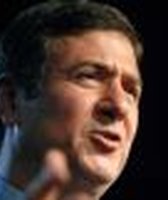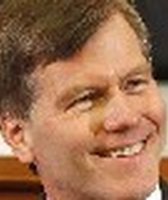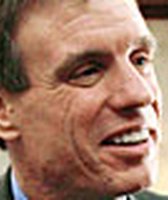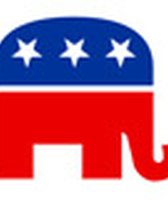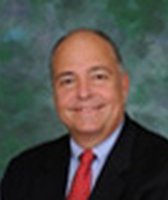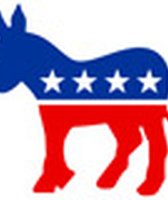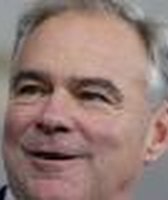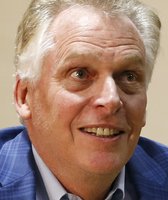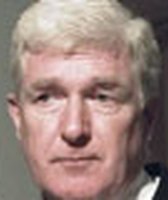Stand up for the facts!
Our only agenda is to publish the truth so you can be an informed participant in democracy.
We need your help.
I would like to contribute
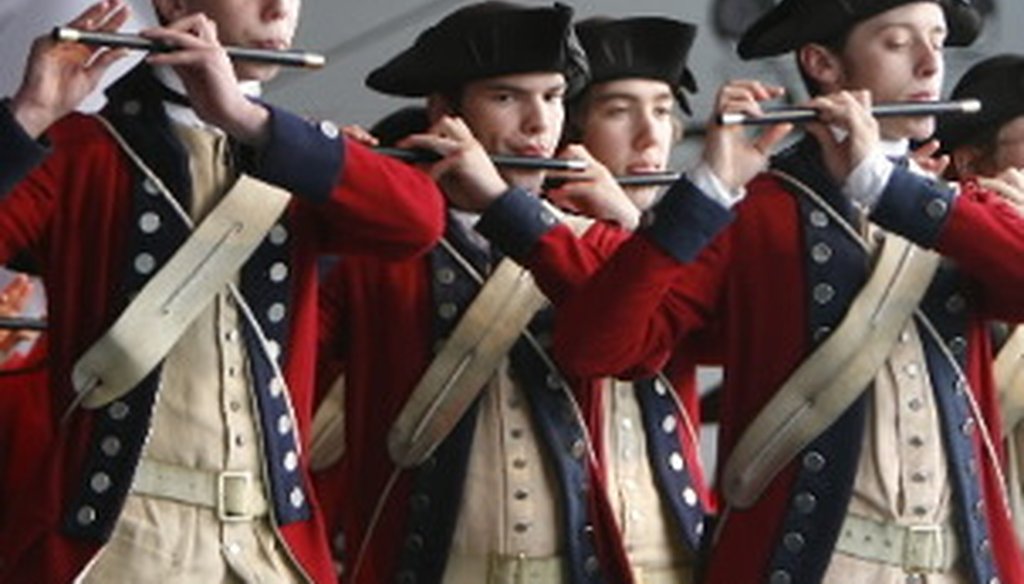
Fifers play at Colonial Williamsburg, one of Virginia's biggest tourist attactions.
We spent a lot of time examining a statement by Gov. Bob McDonnell on tourism and a tweet by U.S Rep. Randy Forbes on regulation, only to conclude that neither claim is fit for the Truth-O-Meter.
The reason: We could not find ample data to render a judgment on the veracity of either claim. They’re interesting topics, however, and we thought we’d share a bit of our work
McDonnell, on March 14, announced Virginia will begin promoting tourism on out-of-state television for the first time in four years, kicking off a $3.6 million advertising campaign to entice visitors from New York, Balitmore, Philadelphia, Raleigh/Durham, N.C. and Cincinnati, Columbus and Cleveland, Ohio.
The governor said, "Every $1 that Virginia invests in tourism marketing generates $5 in return."
We wondered if he was right.
Jeff Caldwell, the governor’s press secretary, said McDonnell’s source was the Virginia Tourism Corporation. The VTC got the ratio from a study conducted by Longwoods International, a Toronto-based market research firm that examined a 2006 Virginia advertising campaign touting the state as a tourism destination.
Respondents were asked if they traveled to Virginia in 2006 and whether they had seen any of the state’s tourism ads. Using its own methodology as well as an economic model from the U.S. Travel Association, Longwoods determined the state’s $2.5 million ad buy generated almost $12.5 million in state and local tax receipts, Caldwell said.
Caldwell gave us a 12-page synopsis of the report which does show an estimated $5 return for every $1 the state spent in the 2006 campaign.
The 5-to-1 return seems reasonable. Terry Rephann, a regional economist with the University of Virginia’s Weldon Cooper Center for Public Service, said he’s seen reports -- not from Longwoods -- touting a 15-to-1 return for tourism ads touting Indiana and an $8 return for every $1 spent to market New Zealand.
But there were two major reasons we could not rate McDonnell’s statement:
*Longwoods declined to reveal their full methodology in computing the Virginia return, saying its formula is "proprietary."
*Longwoods research in Virginia is five years old and economic conditions today are a lot different from 2006.
Let’s move to our other topic.
Randy Forbes, a Chesapeake Republican who represents the 4th Congressional District, said in a Feb. 22 blog post: "$1.75 trillion -- the annual total regulatory costs to American businesses, nearly twice as much as individual income taxes collected in 2010."
That hefty number caught our eye, as did Forbes’ claim that the figure nearly doubles the revenue from personal income taxes collected by Uncle Sam.
Joe Hack, Forbes’ press secretary, said the congressman got the $1.75 trillion figure from a report released by the Small Business Administration. He sent us a copy of the report.
The Office of Management Budget says the federal government received $898.6 billion in personal income taxes during fiscal 2010. Doubling that figure gave us $1.80 trillion, so Forbes appeared correct in saying regulatory costs are just shy of doubling the 2010 income tax revenue.
But there were a few nagging issues that made it impossible to evaluate Forbes’ statement.
The congressman overstepped in saying that $1.75 trillion is the annual regulatory cost to American businesses. The SBA report -- written by Mark and Nicole Crain, economists at Lafayette College in Pennsylvania -- says some of those expenses are not borne by business. Some are borne by individuals. The Crains do not provide a breakdown.
Mark Crain told us that because his study relied on 2008 data, it does not include regulatory costs from more recent health insurance and financial reform laws.
The OMB also took a stab at estimating the cost of federal regulations, estimating in a 2009 report that the annual cost is between between $62 billion and $73 billion.
Those figures are so far below the Crain study they’re not even in the continent. But the OMB also notes that because its "estimates exclude non-major rules and rules adopted more than ten years ago, the total benefits and costs of all Federal rules now in effect are likely to be significantly larger than the sum of the benefits and costs reported."
Since Crain attempted to make a far more comprehensive accounting and the OMB acknowledges excluding many rules, these figures can’t be directly compared. But we still found the mammoth gap between the OMB figures and Crain’s numbers disconcerting.
Unable to breach that gap, we cannot rate Forbes’ statement.
If you have something you'd like us to fact check, call (804) 649-6126 or email [email protected]
Our Sources
Virginia Tourism Corporation news release, March 14, 2011.
Richmond Times-Dispatch article, Virginia ad Targets Tourists from ," March 15, 2011.
Longwoods International study, "Virginia 2006 Advertising Evaluation," June, 2007.
E-mails from Jeff Caldwell, spokesman for Gov. Robert McDonnell, March 21-22, 2011.
Interviews with Terry Rephann, regional economist with the University of Viriginia’s Weldon Cooper Center for Public Service, March 22, 2011.
Rep. Randy Forbes, Regulation by the numbers, Feb. 22, 2011.
Small Business Administration, The impact of regulatory costs on small firms, September 2010.
PolitiFactVirginia, Mark Warner says U.S. tax breaks outweigh income tax receipts, Feb. 1, 2011.
Office of Management and Budget, Receipts by source, accessed March 24, 2011.
E-mail interview with Joe Hack, press secretary for Rep. Randy Forbes, March 23, 2011.
Interview with Mark Crain, professor of political economy at Lafayette College, March 24, 2011.
Interview with Megan McArdle, fellow at the New America Foundation, March 24, 2011.

